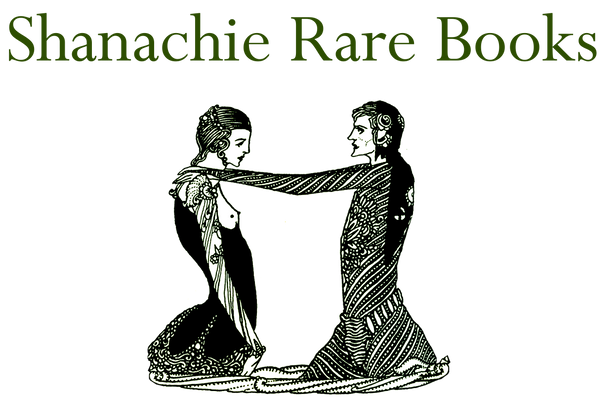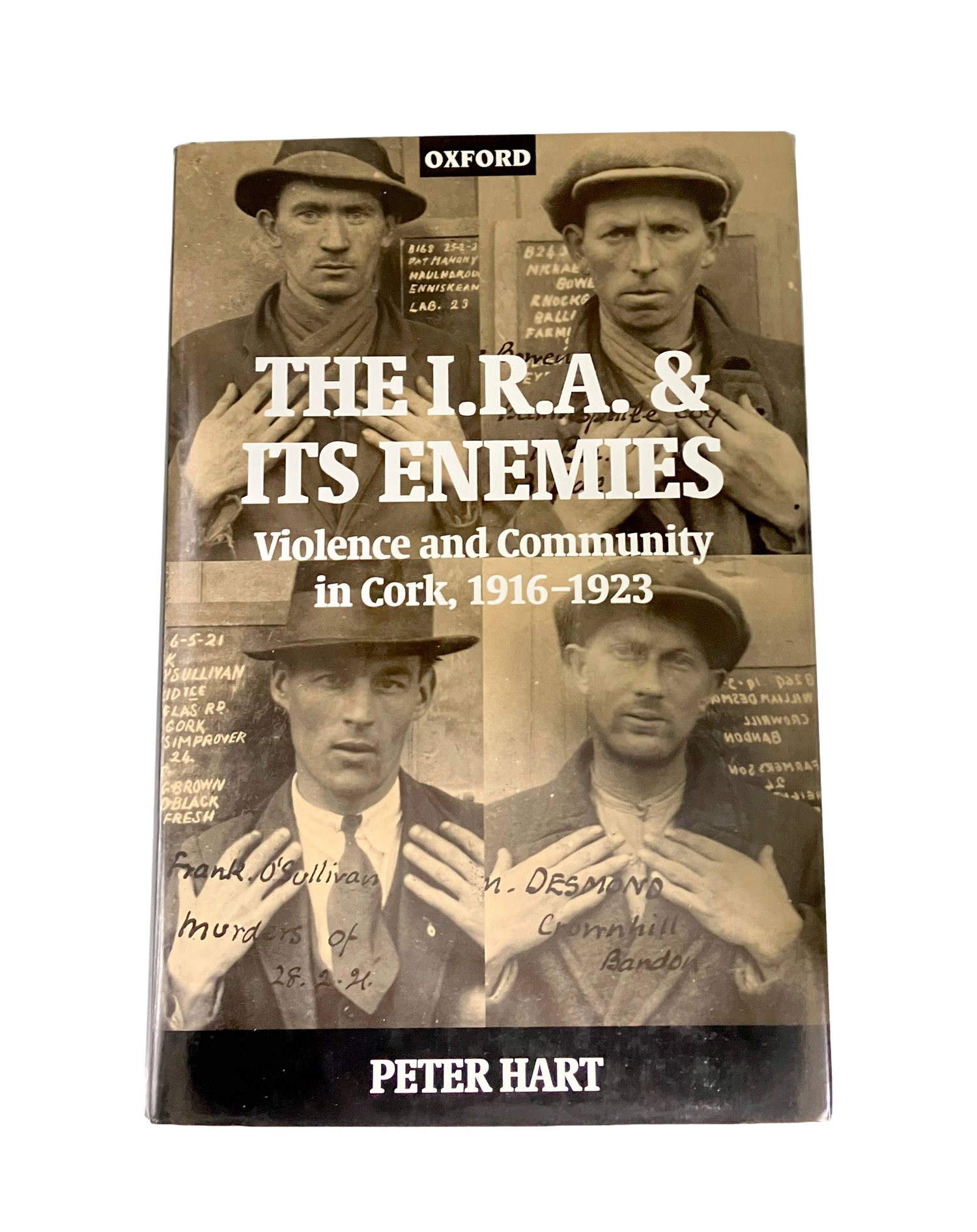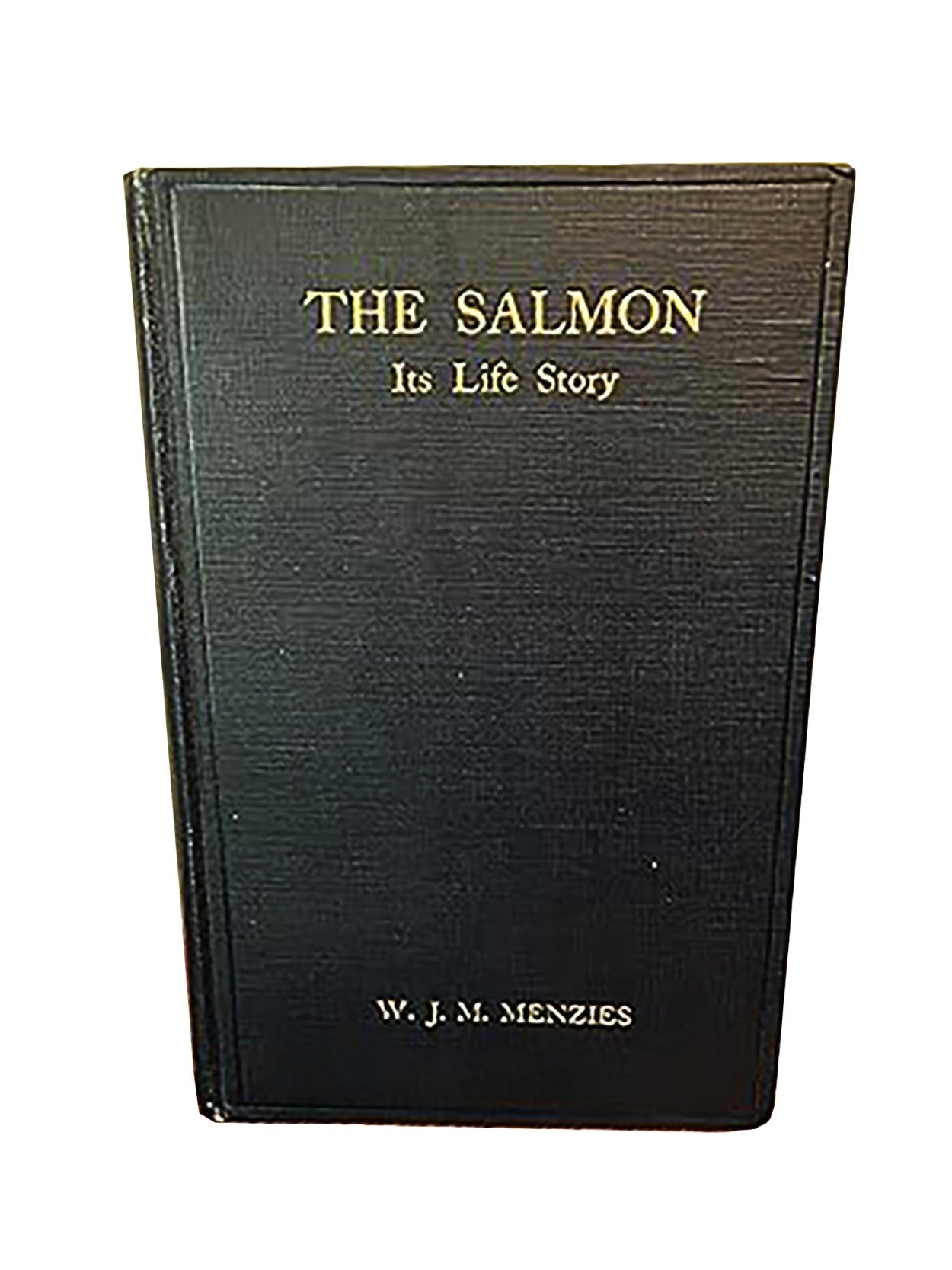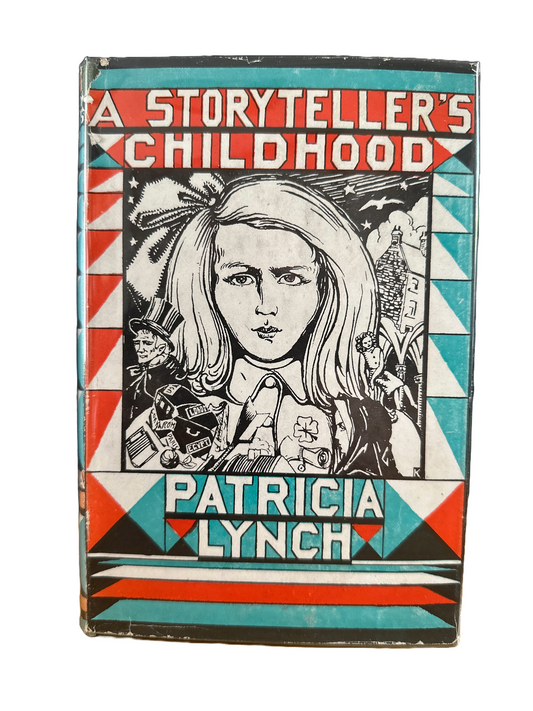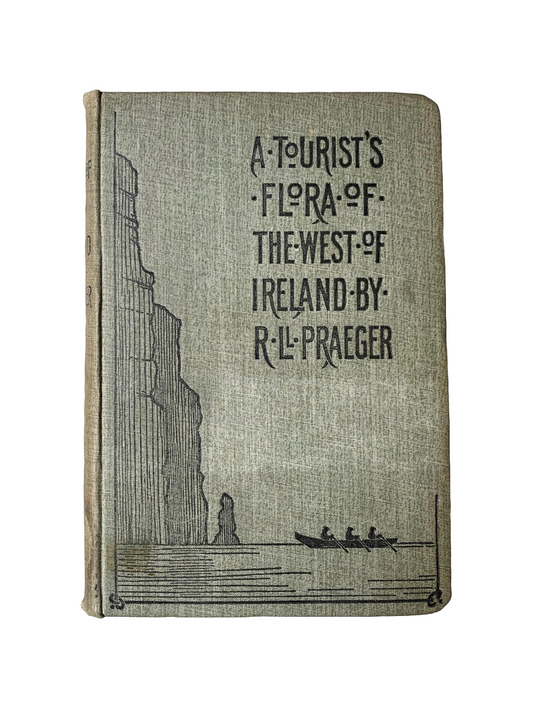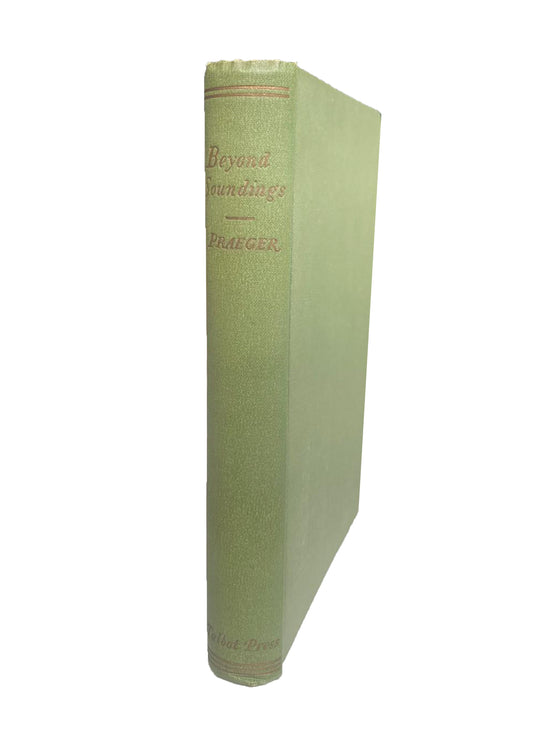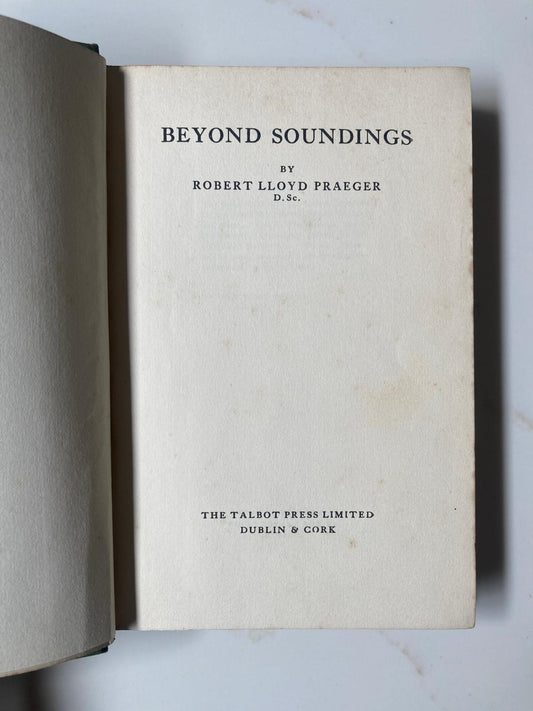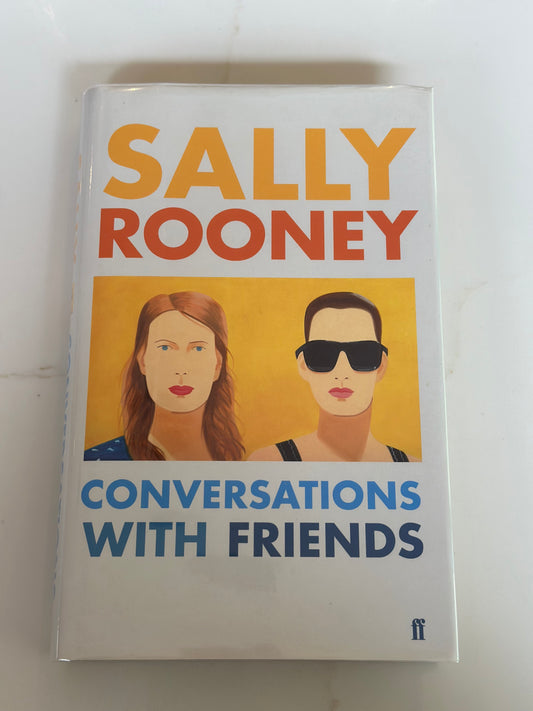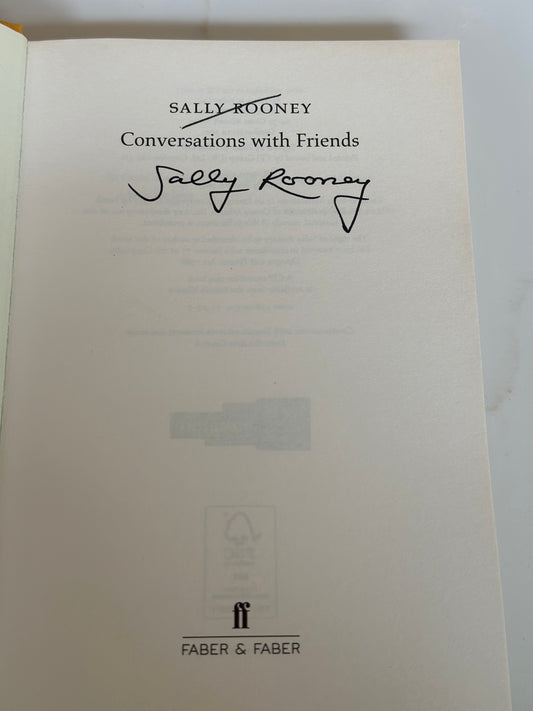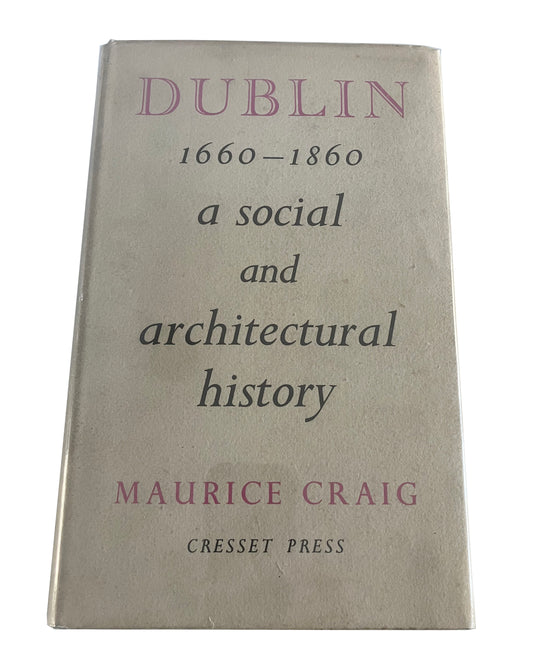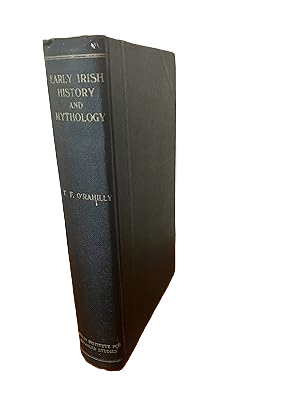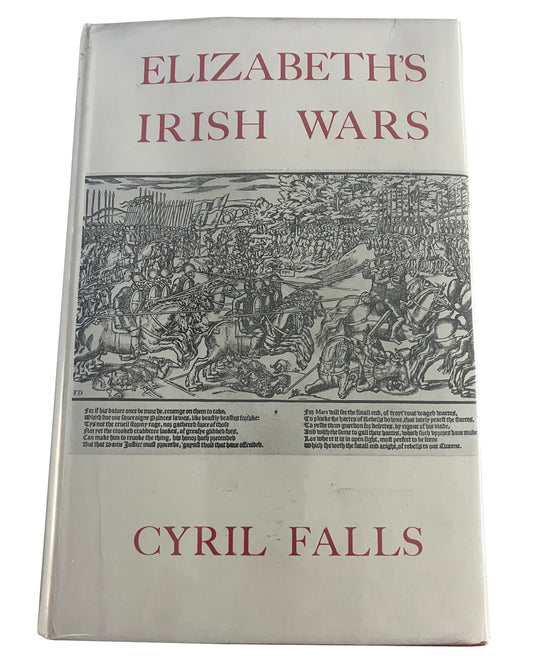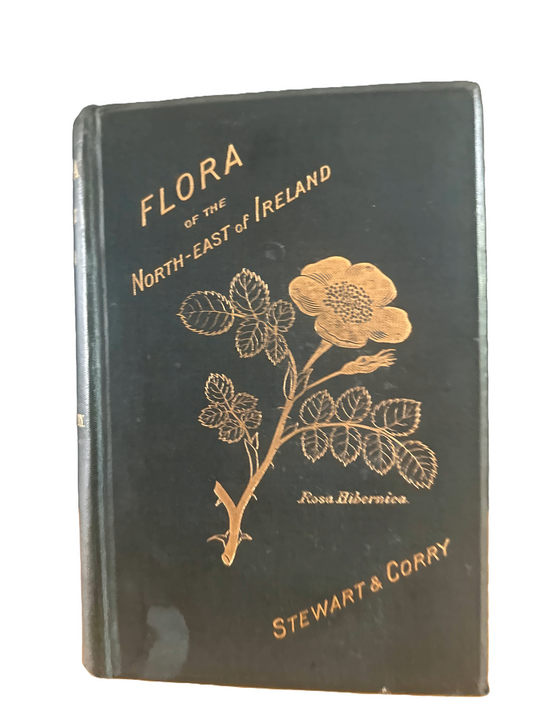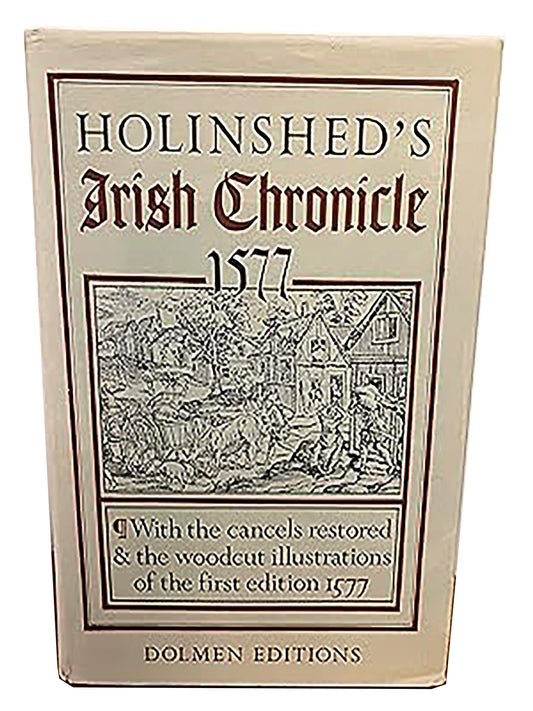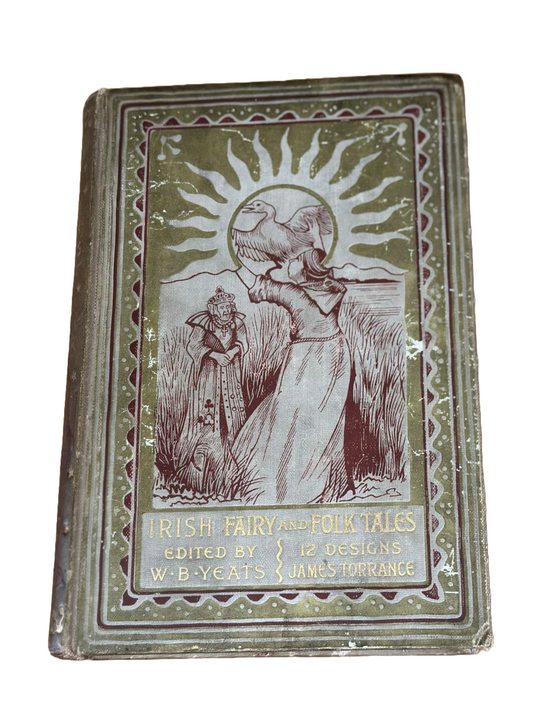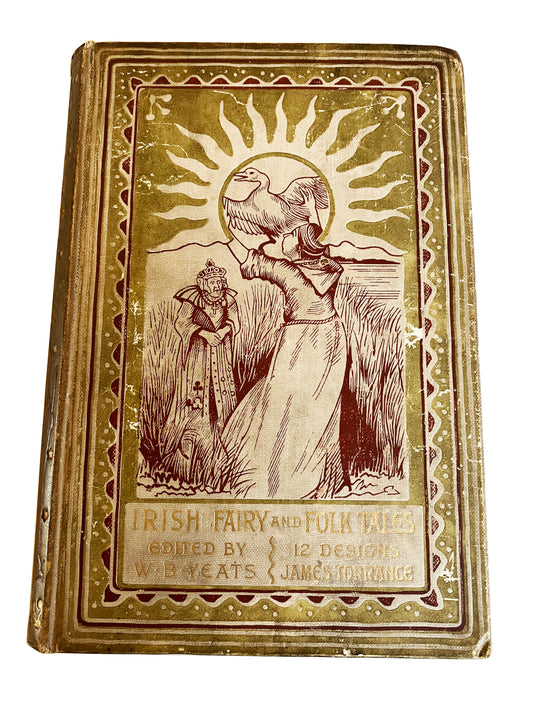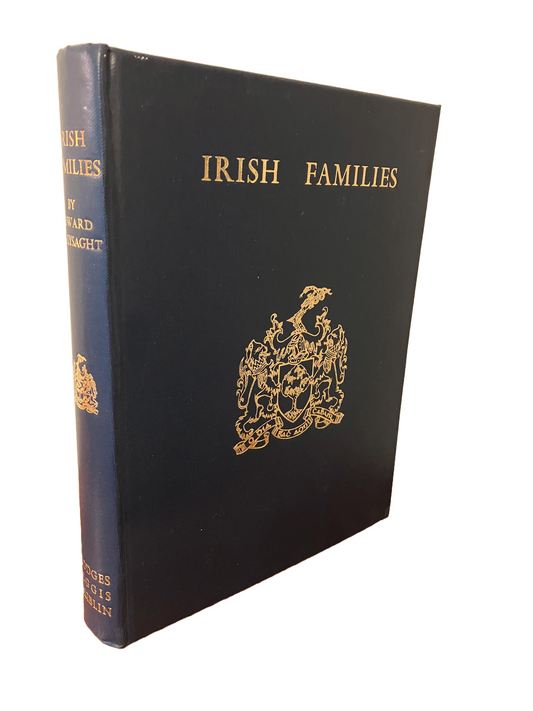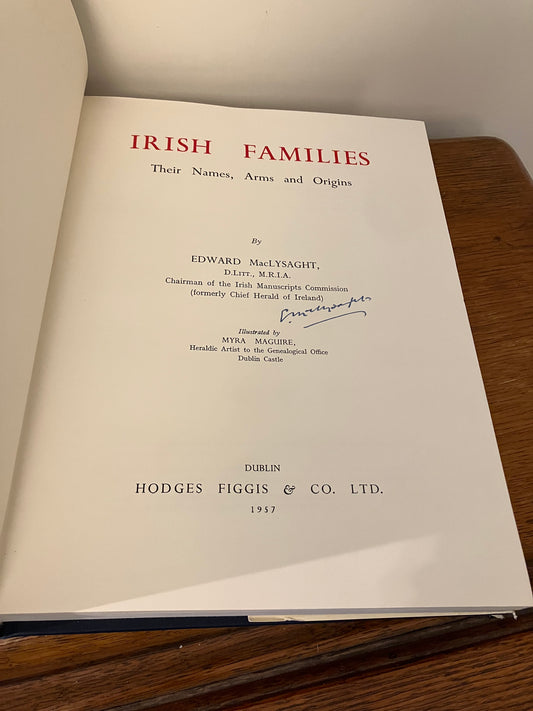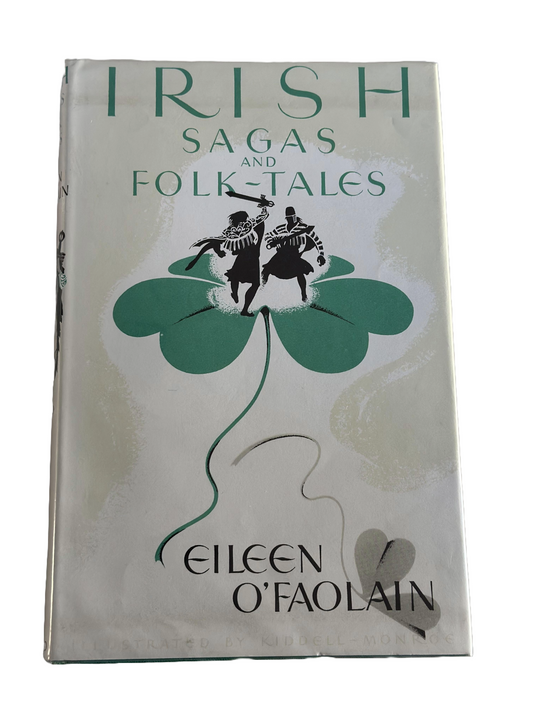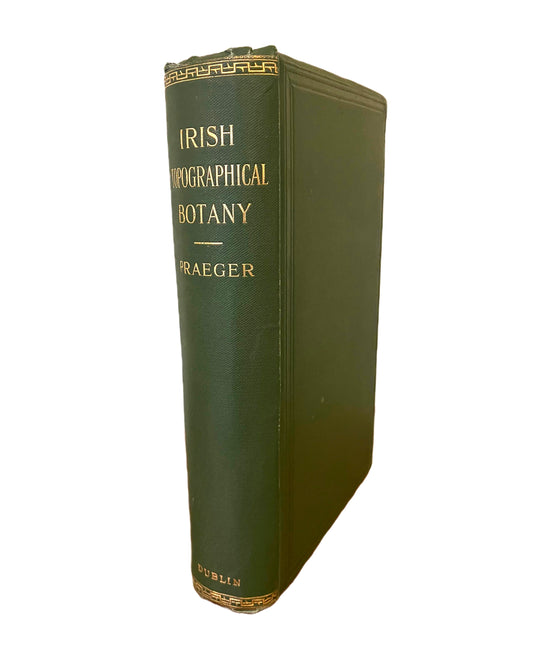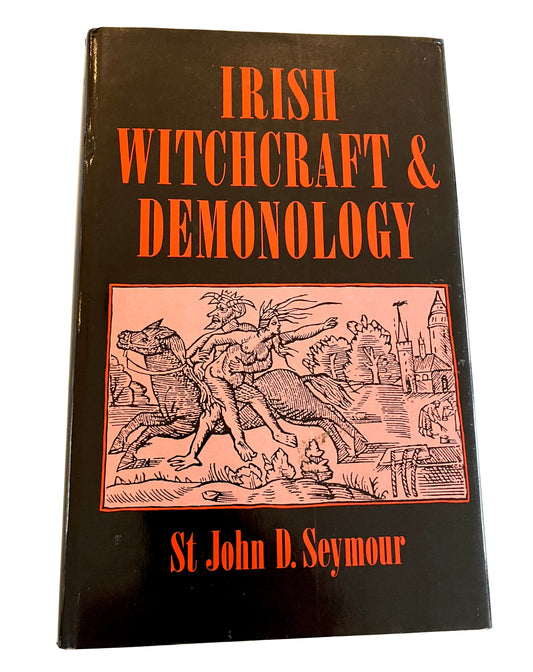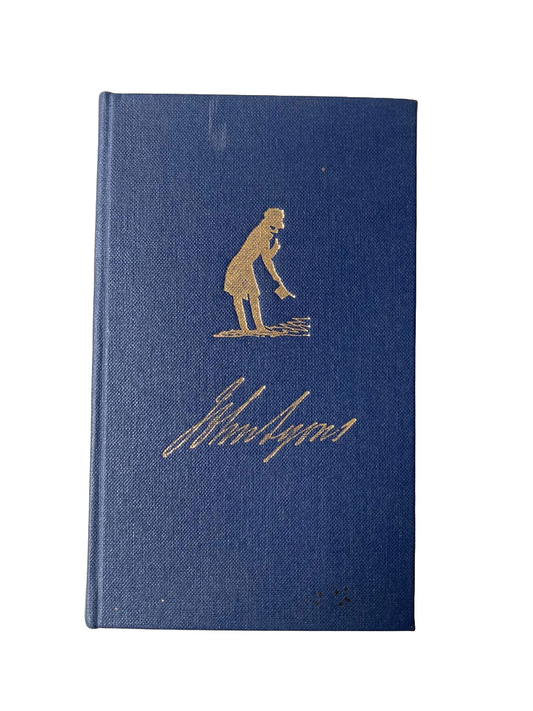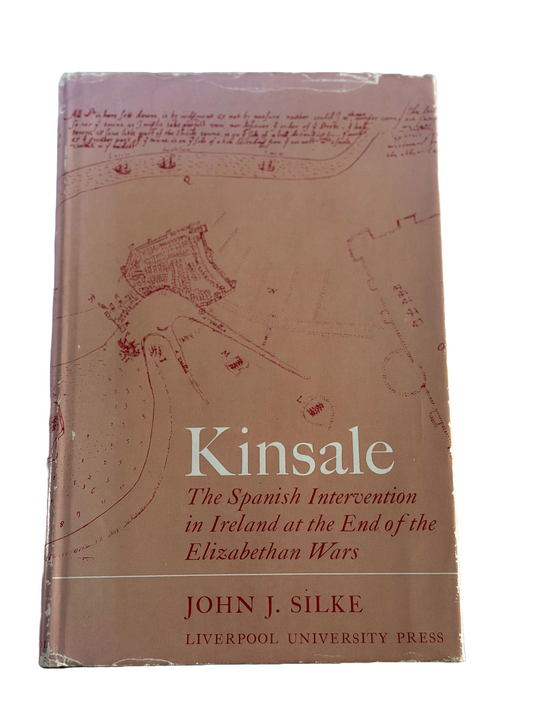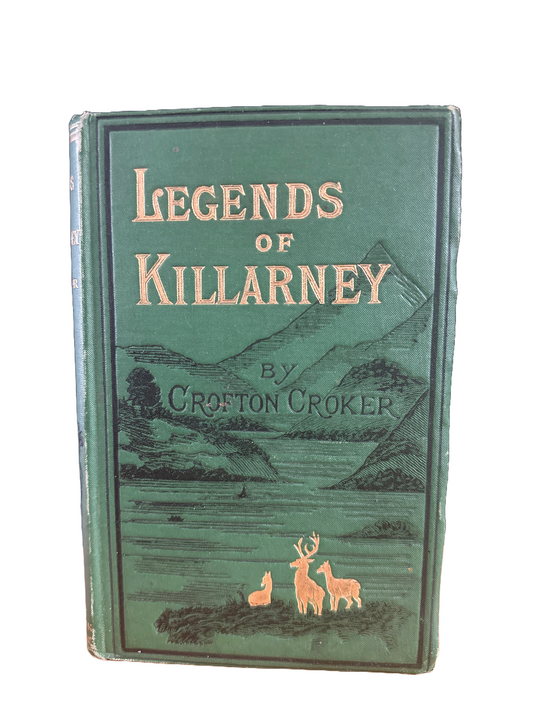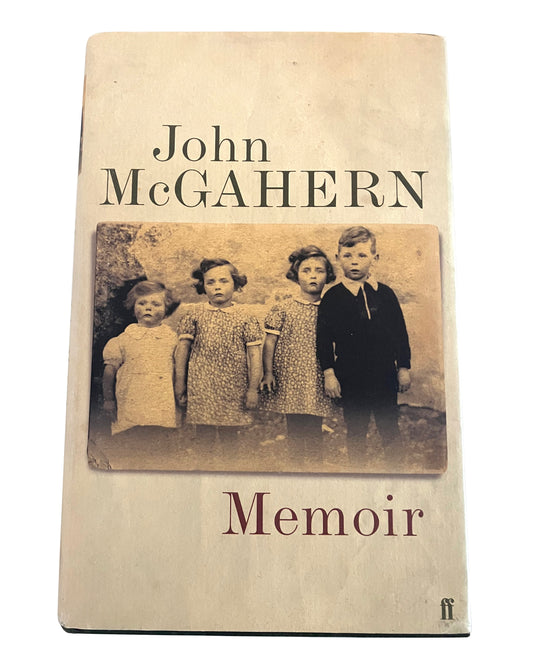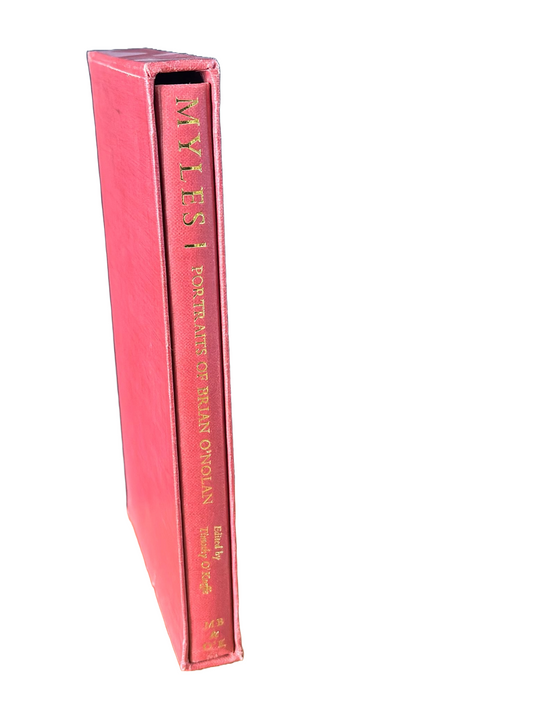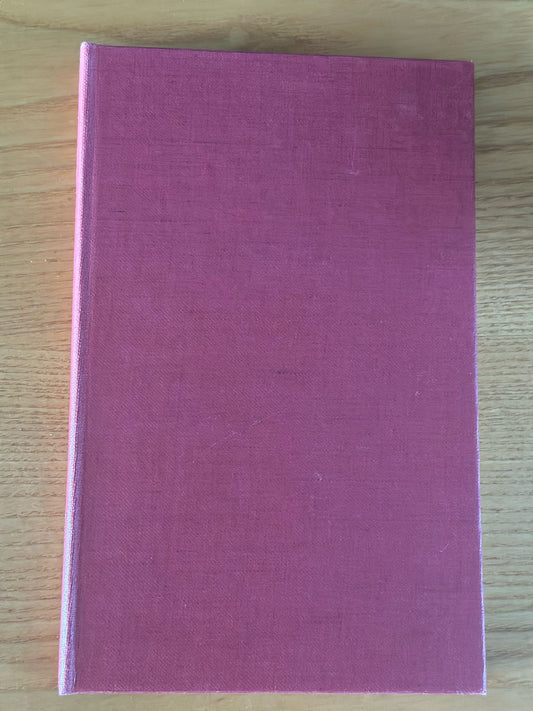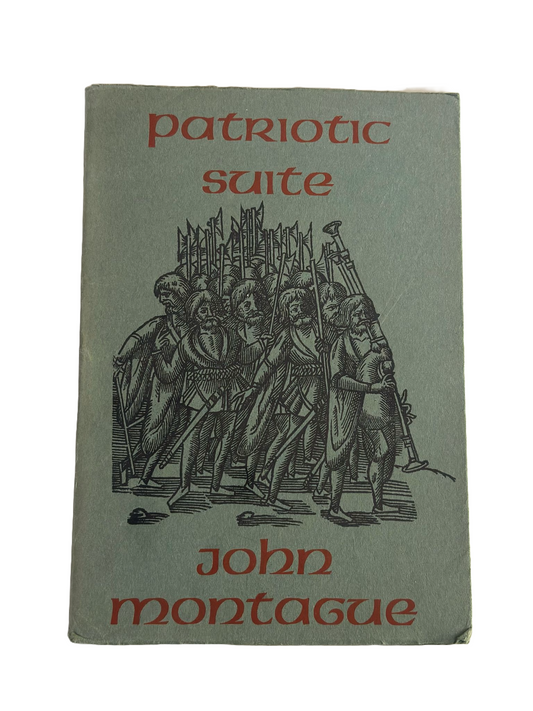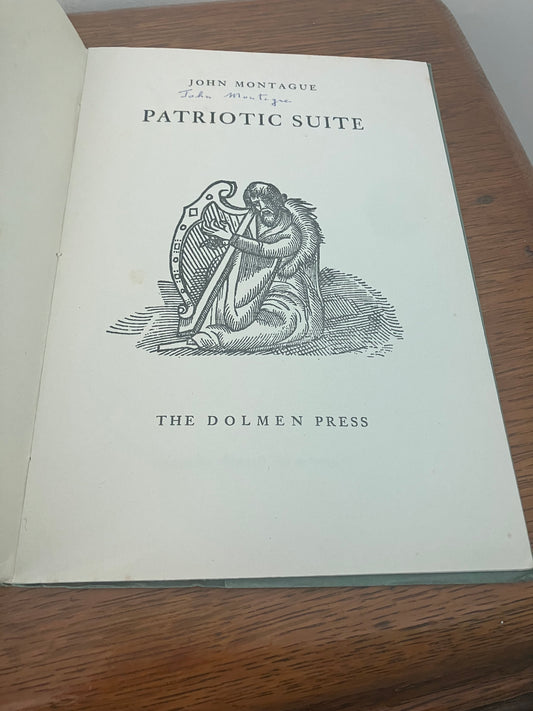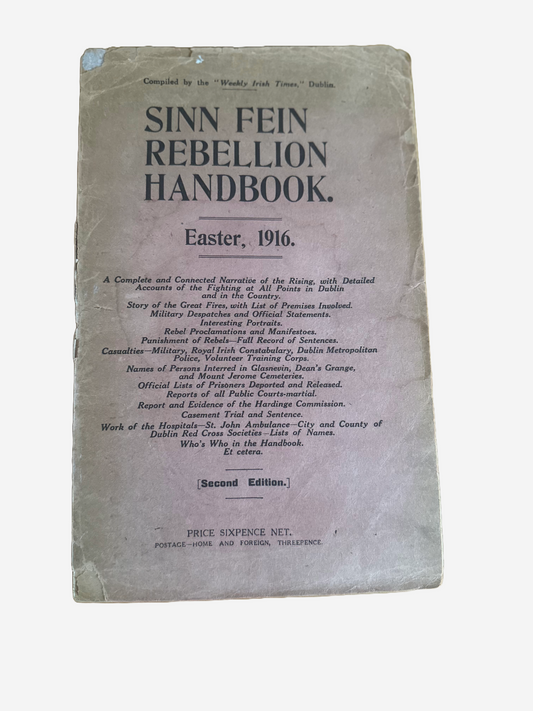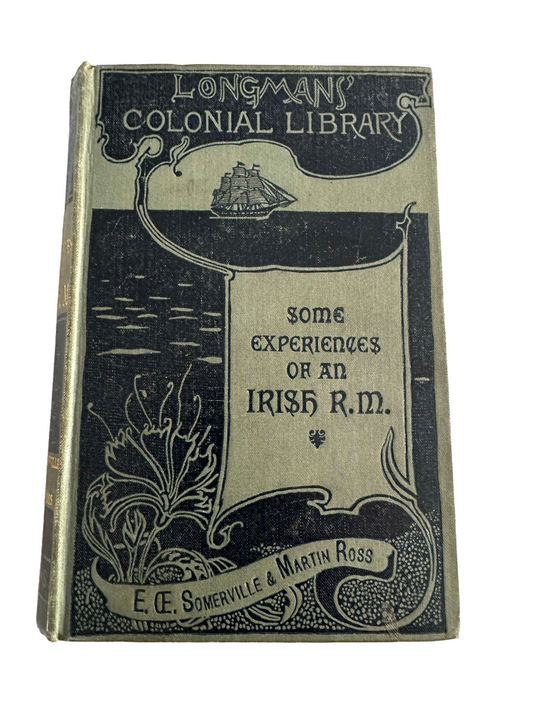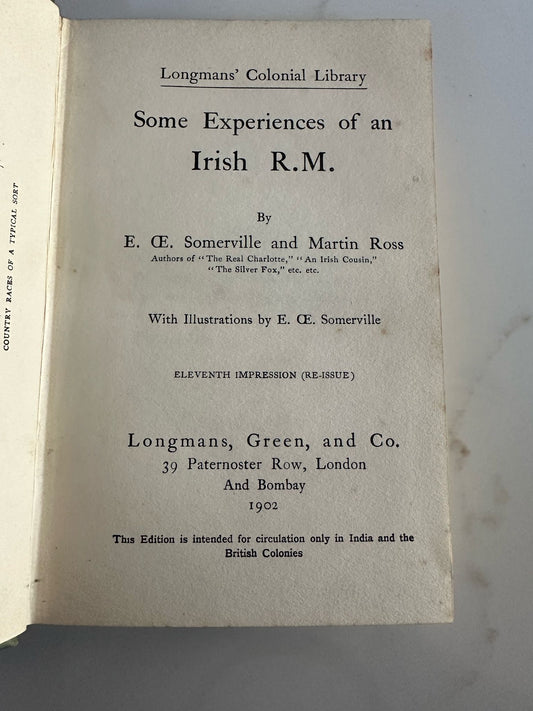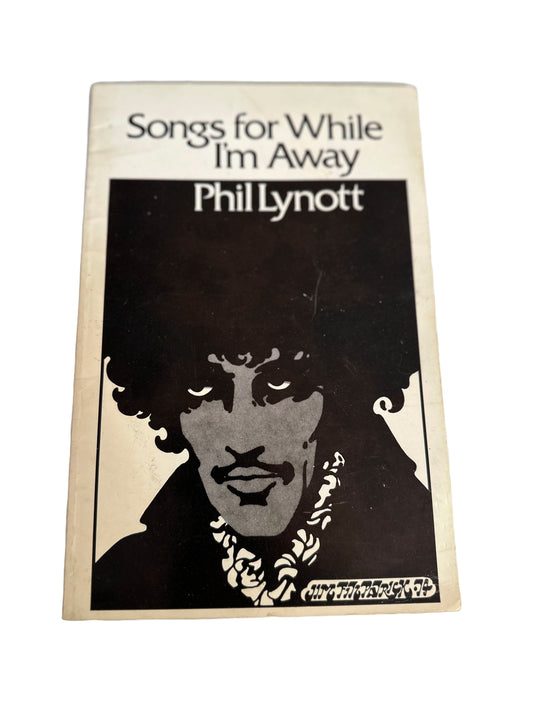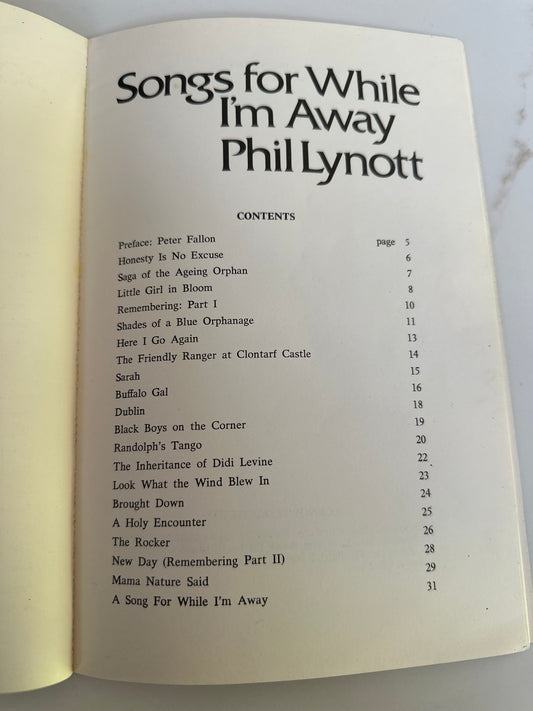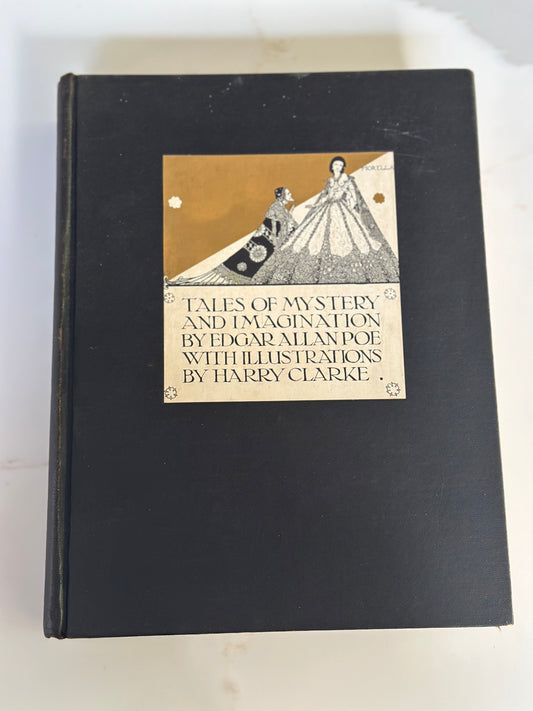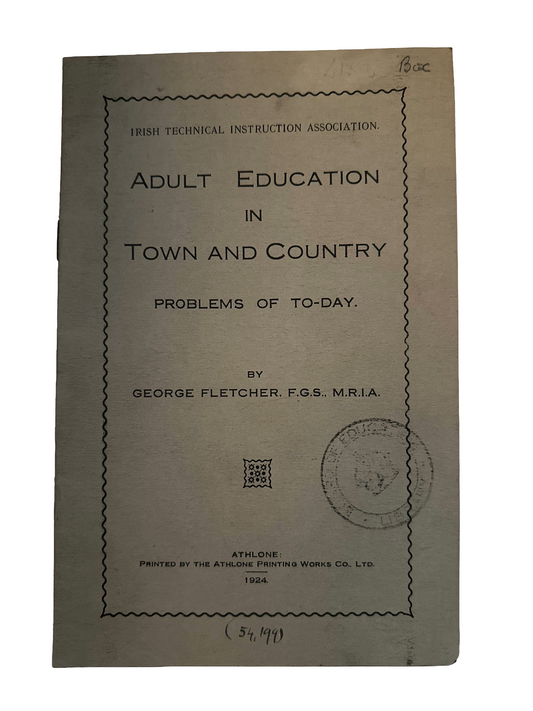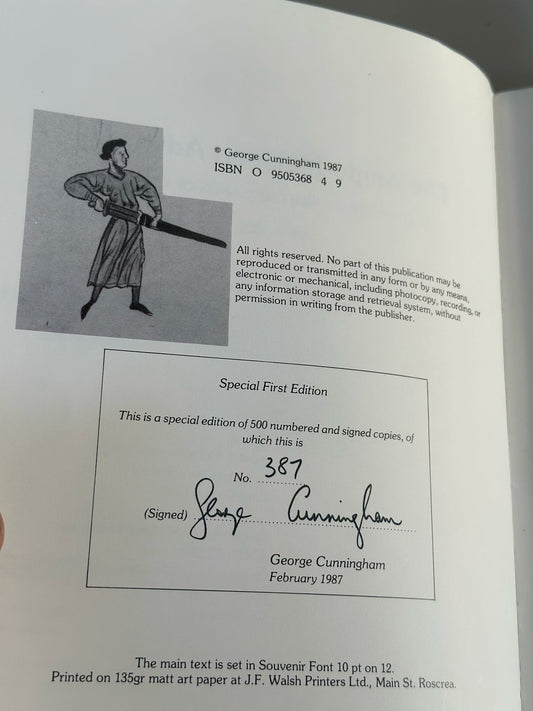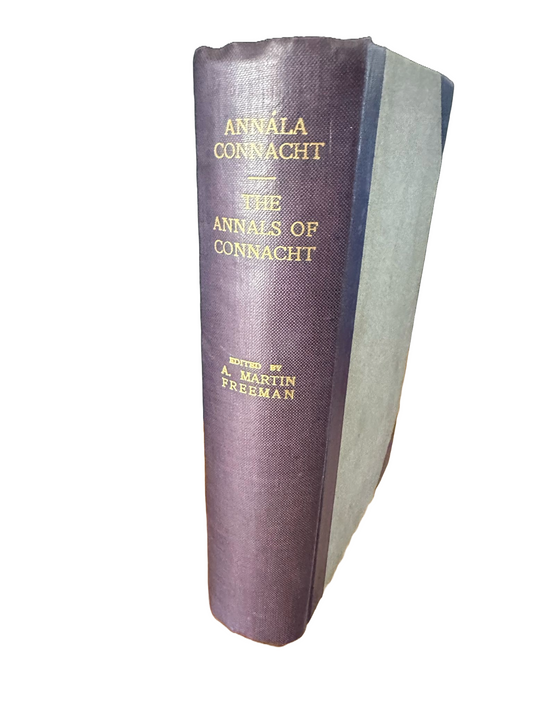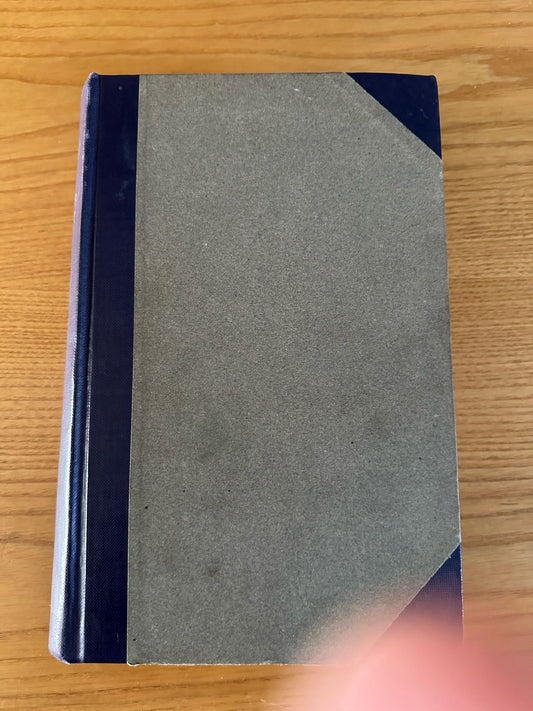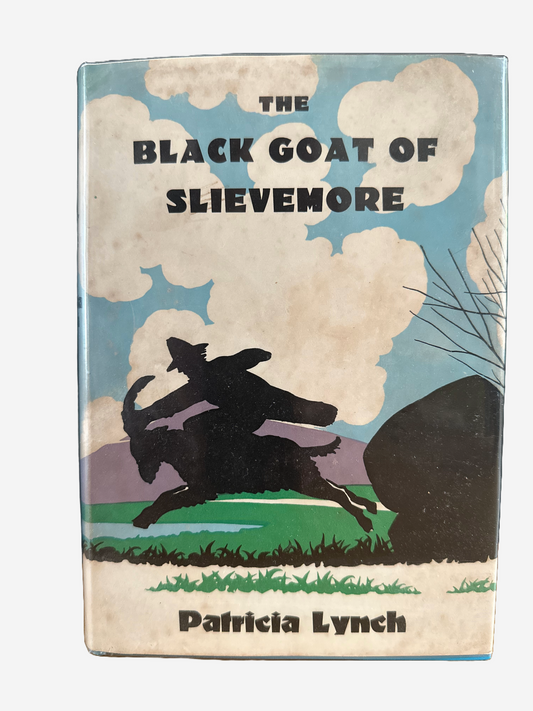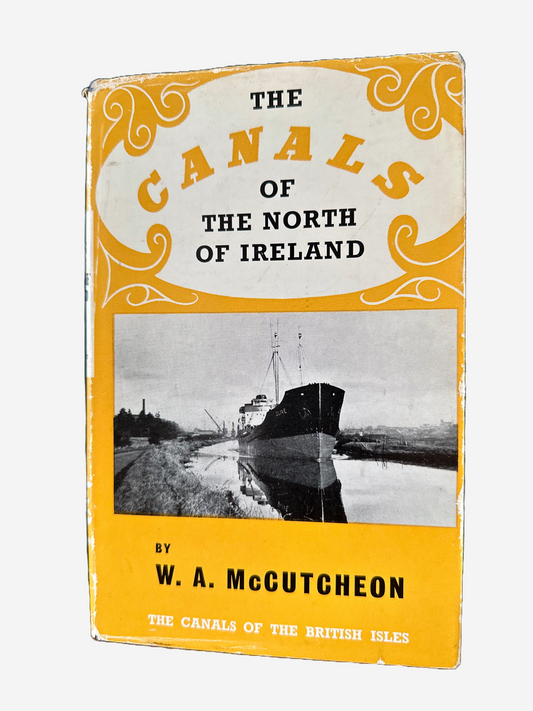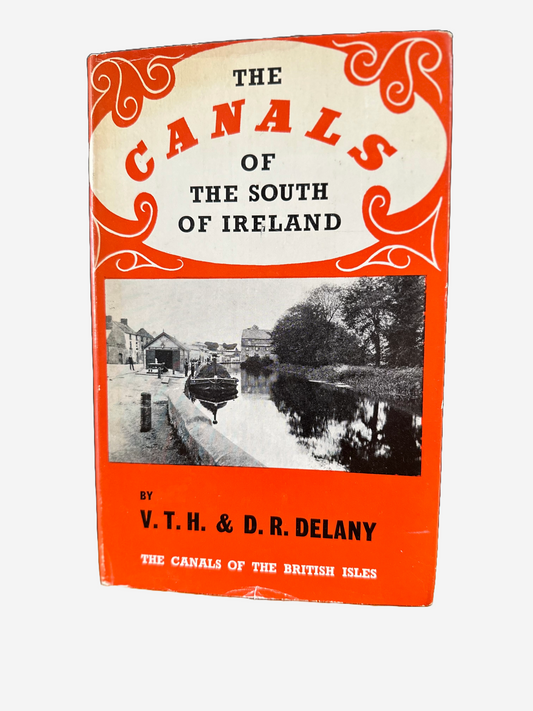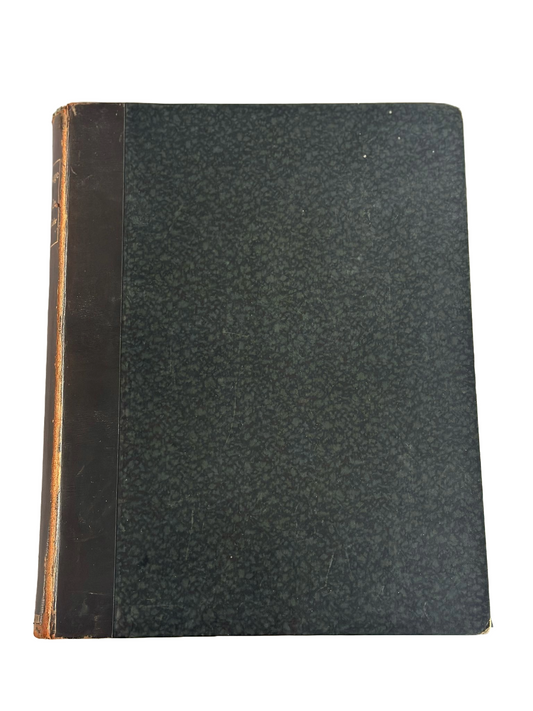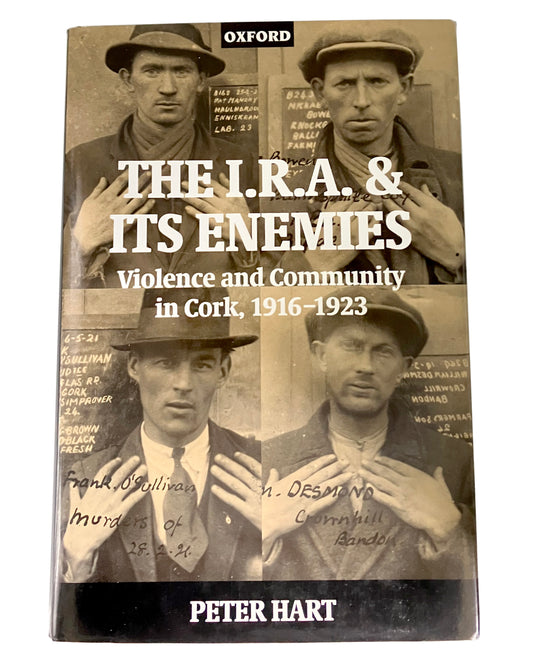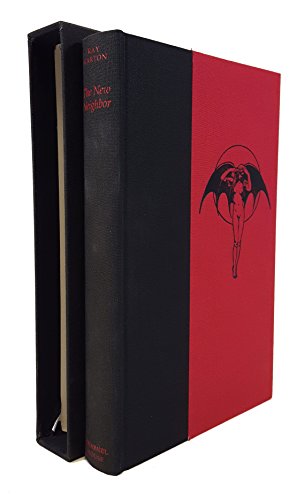A collection of Rare and First-Edition Irish literature, Irish history, Irish interest, Folklore, Science fiction, Horror, and Fantasy books.
Irish Interest
Our Irish interest books cover the events, places, and people that shaped Ireland. The collection includes travelogues, biographies, and accounts of Irish history from medieval to modern times. Scroll down to explore the full selection
Collections
-
A Storyteller's Childhood | Patricia Lynch
Regular price £120.00 GBPRegular priceUnit price / per -
A Tourist's Flora of The West of Ireland | R.L.Praeger
Regular price £55.00 GBPRegular priceUnit price / per -
Beyond Soundings | Robert Lloyd Praeger
Regular price £50.00 GBPRegular priceUnit price / per -
Conversations With Friends | Sally Rooney
Regular price £420.00 GBPRegular priceUnit price / per -
Dublin 1660-1860 a social and Architectural history | Maurice Craig
Regular price £70.00 GBPRegular priceUnit price / per -
EARLY IRISH HISTORY AND MYTHOLOGY | T. F. O' Rahilly
Regular price £225.00 GBPRegular priceUnit price / per -
Elizabeths Irish Wars | Cyril Falls
Regular price £225.00 GBPRegular priceUnit price / per -
Flora of the North-East of Ireland | Stewart and Corry
Regular price £85.00 GBPRegular priceUnit price / per -
Holinshed's Irish Chronicle: The historie of Irelande from the first inhabitation thereof, unto the yeare 1509 (Dolmen editions ; 28)
Regular price £135.00 GBPRegular priceUnit price / per -
Irish Fairy and Folk Tales | Published by Walter Scott Ltd, London, 1893
Regular price £295.00 GBPRegular priceUnit price / per -
Irish Fairy and Folk Tales | W B Yeats
Regular price £325.00 GBPRegular priceUnit price / per -
Irish Families - Their Names, Arms and Origins | Edward MacLysaght
Regular price £115.00 GBPRegular priceUnit price / per -
Irish Sagas and Folk Tales | Eileen O Faolain
Regular price £55.00 GBPRegular priceUnit price / per -
Irish Topographical Botany | Robert Lloyd Praeger
Regular price £225.00 GBPRegular priceUnit price / per -
Irish Witchcraft and Demonology | Seymour, St John D
Regular price £30.00 GBPRegular priceUnit price / per -
John Lyons and his Orchid Manual | Charles Nelson
Regular price £33.00 GBPRegular priceUnit price / per -
Kinsale - The Spanish Intervention in Ireland at the End of the Elizabethan Wars | John J.Silke
Regular price £55.00 GBPRegular priceUnit price / per -
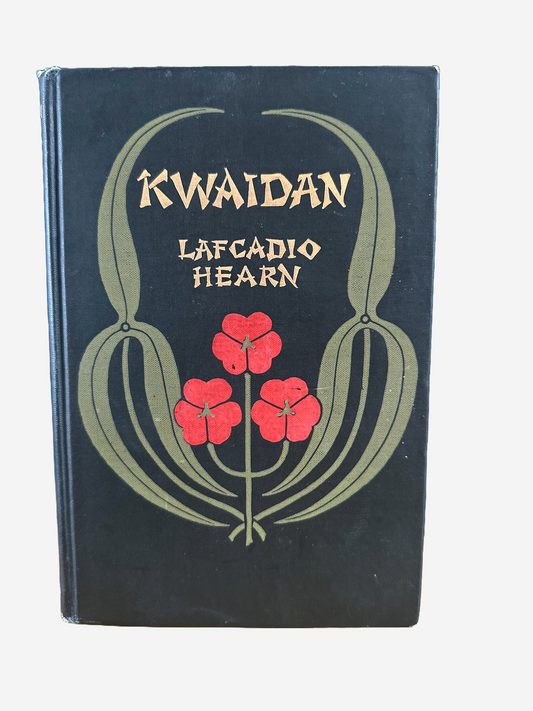 Sold out
Sold outKwaidan | Lafcadio Hearn
Regular price £195.00 GBPRegular priceUnit price / per -
Legends of Killarney | T Crofton Croker
Regular price £75.00 GBPRegular priceUnit price / per -
Memoir | John McGahern
Regular price £110.00 GBPRegular priceUnit price / per -
Myles: Portraits of Brian O'Nolan | O'Keeffe, Timothy
Regular price £90.00 GBPRegular priceUnit price / per -
Patriotic Suite | John Montague
Regular price £110.00 GBPRegular priceUnit price / per -
Sinn Fein Rebellion Handbook. Easter 1916
Regular price £190.00 GBPRegular priceUnit price / per -
Some Experiences of an Irish R.M | E.E. Somerville & Martine Ross
Regular price £30.00 GBPRegular priceUnit price / per -
Songs for While I am Away | Phil Lynott
Regular price £295.00 GBPRegular priceUnit price / per -
Tales of Mystery and Imagination | Edgar Allan Poe
Regular price £325.00 GBPRegular priceUnit price / per -
Ten pamphlets concerning Education in Ireland 1893-1924
Regular price £120.00 GBPRegular priceUnit price / per -
The Anglo Norman Advance into the South-West Midlands of Ireland 1185-1221 | George Cunningham
Regular price £75.00 GBPRegular priceUnit price / per -
The Annals of Connacht | Annála Connacht | Edited by A.Martin Freeman
Regular price £120.00 GBPRegular priceUnit price / per -
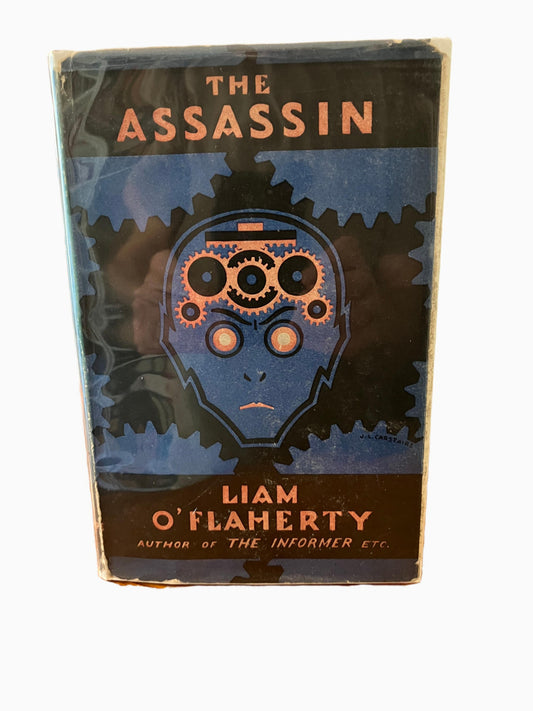 Sold out
Sold outThe Assassin | Liam O' Flaherty
Regular price £225.00 GBPRegular priceUnit price / per -
The Black Goat of Slievemore | Patricia Lynch
Regular price £90.00 GBPRegular priceUnit price / per -
The Canals of the North of Ireland | W. A. McCutcheon
Regular price £45.00 GBPRegular priceUnit price / per -
The Canals of the South of Ireland | V.T.H. & D. R. Delany
Regular price £65.00 GBPRegular priceUnit price / per -
The Image of Ireland, with a discouerie of Woodkarne | John Derricke
Regular price £450.00 GBPRegular priceUnit price / per -
The IRA and Its Enemies: Violence and Community in Cork | 1916-1923 Hart, Peter
Regular price £90.00 GBPRegular priceUnit price / per -
The New Neighbor Garton | Ray. J. K. Potter (Ill.)
Regular price £110.00 GBPRegular priceUnit price / per
Irish Interest
What Are Irish Interest Books?
Irish interest books cover history, travel, biography, mythology, and folklore. They explore major events from the arrival of Christianity and the Viking invasions to the Great Famine, the War of Independence, and the partition of Ireland.
Titles like The Great Hunger by Cecil Woodham-Smith and Rebels: Voices from the Easter Rising by Fearghal McGarry offer vivid accounts of these periods. Many works also examine the Irish Civil War and the Troubles, including books like The Irish Civil War by Tim Pat Coogan and Say Nothing by Patrick Radden Keefe.
What are Irish travelogues?
An Irish travelogue is a personal account of travelling through Ireland, combining cultural insights, local history, and observations on people and place. These stories highlight landscapes, towns, and traditions – often uncovering hidden gems along the way.
Notable examples include Beyond Soundings and The Way That I Went by Robert Lloyd Praeger, which offer personal reflections on Ireland's natural landscape and history.
The importance of Irish folklore and mythology in Irish culture
Irish folklore and mythology are foundational to Ireland's culture, shaping its literature, arts, and societal values. These ancient stories, featuring legendary figures such as Cú Chulainn and the Tuatha Dé Danann, have been preserved through generations, often passed down orally before being documented in texts like The Book of Invasions.
Such stories have shaped Ireland's cultural identity, with myths like The Táin Bó Cúailnge, serving as a cultural touchstone, offering a sense of continuity and belonging.
The rich heritage of Irish mythology has inspired some of Ireland’s greatest writers, including James Joyce and W.B. Yeats, who contributed extensively to preserving these myths in works like Irish Fairy and Folk Tales. Irish folklore and mythology also continue to inspire modern storytelling, art, and festivals, ensuring Ireland’s vibrant cultural traditions endure.
If you’re interested in delving deeper into Ireland’s mythological past, check out our collection of Irish folklore.
What are the key events in medieval Irish History?
Medieval Irish history spans the 5th to 15th centuries and includes major events that shaped the island’s political and cultural landscape. Key moments include:
-
The Arrival of Christianity (5th Century): St. Patrick's mission in 432 AD led to widespread Christian conversion. Monasteries became centres of education, culture, and manuscript production.
-
Gaelic Kingdoms (5th–9th Century): Ireland was divided into local kingdoms (tuatha), ruled by Gaelic dynasties such as the Uí Néill and O'Briens.
-
Viking Invasions (8th–10th Century): Norse raiders established settlements and trading ports in Dublin, Waterford, and Limerick, influencing Ireland’s urban growth.
-
Battle of Clontarf (1014): High King Brian Boru defeated Viking forces near Dublin. His death in battle marked the symbolic end of Viking dominance in Ireland.
-
Norman Invasion of Ireland (1169–1171): Anglo-Norman forces under Strongbow arrived at the invitation of King Diarmait Mac Murchada. King Henry II of England asserted control in 1171, creating the Lordship of Ireland.
-
Gaelic Resurgence (12th–15th Century): Gaelic Irish lords regained power in many areas, blending Gaelic and Norman customs. Gaelic culture remained strong in the west and north.
-
Desmond Rebellions (1569–1601): The Earl of Desmond led uprisings in Munster against expanding English control. The suppression resulted in major land confiscations.
-
Nine Years’ War (1594–1603): Hugh O'Neill, Earl of Tyrone, led Gaelic resistance against English rule. The defeat at the Battle of Kinsale and the Flight of the Earls (1607) marked the collapse of traditional Gaelic power.
-
Cromwellian Conquest (1649–1653): Oliver Cromwell’s military campaign devastated Ireland. Catholic landowners were dispossessed, and Protestant settlements expanded.
-
Williamite War (1689–1691): Protestant forces under William of Orange defeated King James II. The Battle of the Boyne led to harsh Penal Laws against Irish Catholics.
To explore these events in more depth, check out our collection of Irish History books.
What are the key events in modern Irish history?
Modern Irish history spans from the 18th century to the present, shaped by conflict, independence, and political change. Key events include:
-
Napoleonic period & 1798 Rebellion: The French Revolution and American independence influenced Ireland, leading to the formation of the United Irishmen and the 1798 rebellion.
-
Act of Union (1801): Ireland was united with Great Britain, ending Irish parliamentary sovereignty and centralising power in Westminster.
-
Great Irish Famine (1845-1852): A potato blight caused one million deaths and mass emigration, fueling anti-British sentiment.
-
Fenian Rising, Land War & Home Rule Campaign: Movements aimed at Irish independence and land reform.
-
Easter Rising (1916): Irish Republicans staged an unsuccessful insurrection in Dublin, which increased public support for independence.
-
War of Independence (1919-1921): The IRA fought British forces, leading to the Anglo-Irish Treaty and the creation of the Irish Free State in 1922.
-
Anglo-Irish Treaty (1921): The treaty ended the War of Independence but divided Ireland into pro- and anti-Treaty factions.
-
Irish Civil War (1922–1923): Conflict between pro- and anti-Treaty forces, ending with a victory for pro-Treaty forces.
-
Partition of Ireland (1921): Ireland was split into Northern Ireland (part of the UK) and the Irish Free State, deepening political and sectarian divides.
-
Constitution of Ireland (1937): The Irish Free State became Éire, asserting sovereignty and severing formal ties with Britain.
-
Republic of Ireland Act (1949): Ireland formally declared itself a republic, ending the last constitutional links with Britain.
-
Civil Rights Movement (1968): Nationalists in Northern Ireland campaigned for equal rights, leading to violent clashes and the deployment of British troops.
-
The Troubles (1968–1998): A violent conflict between Catholic nationalists and Protestant unionists, ending with the Good Friday Agreement in 1998, though divisions persist today.
To learn more about Irish history, explore our rare book collection on this topic.
